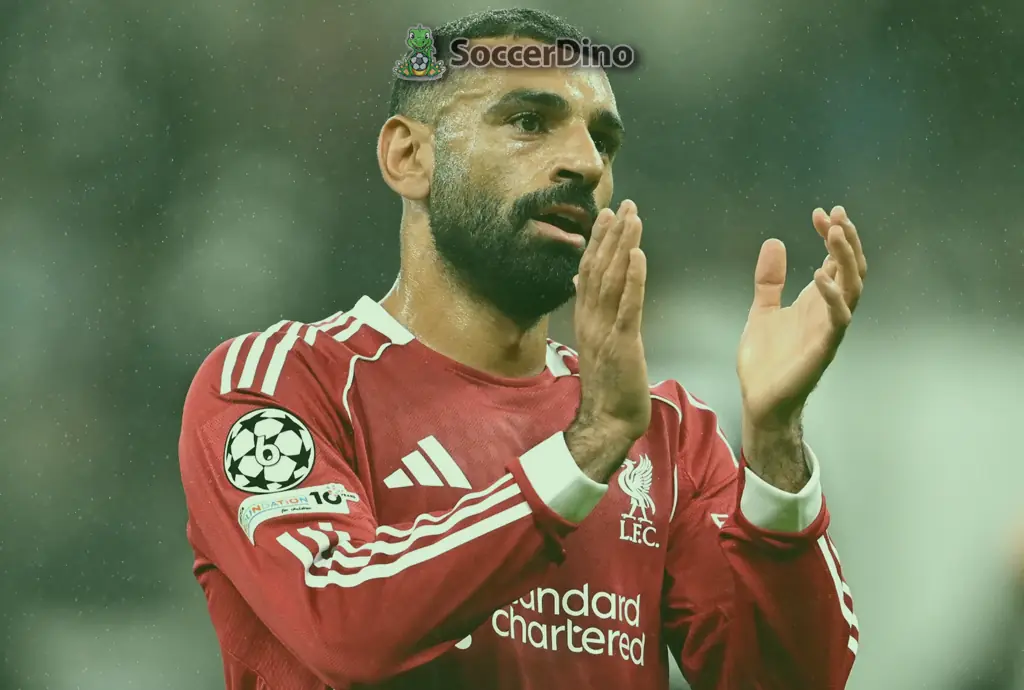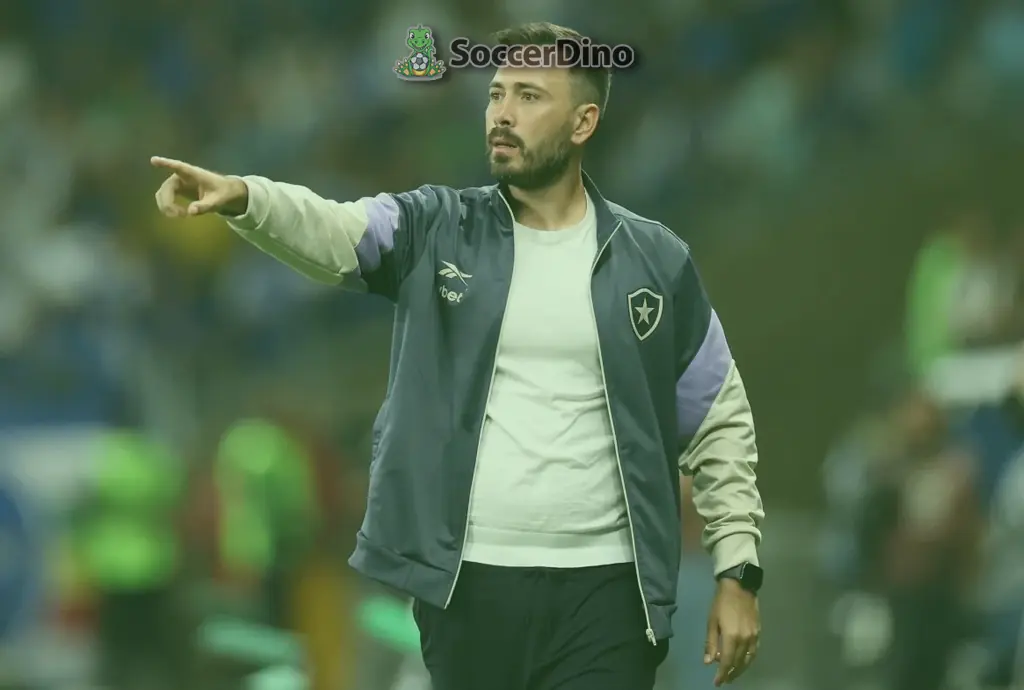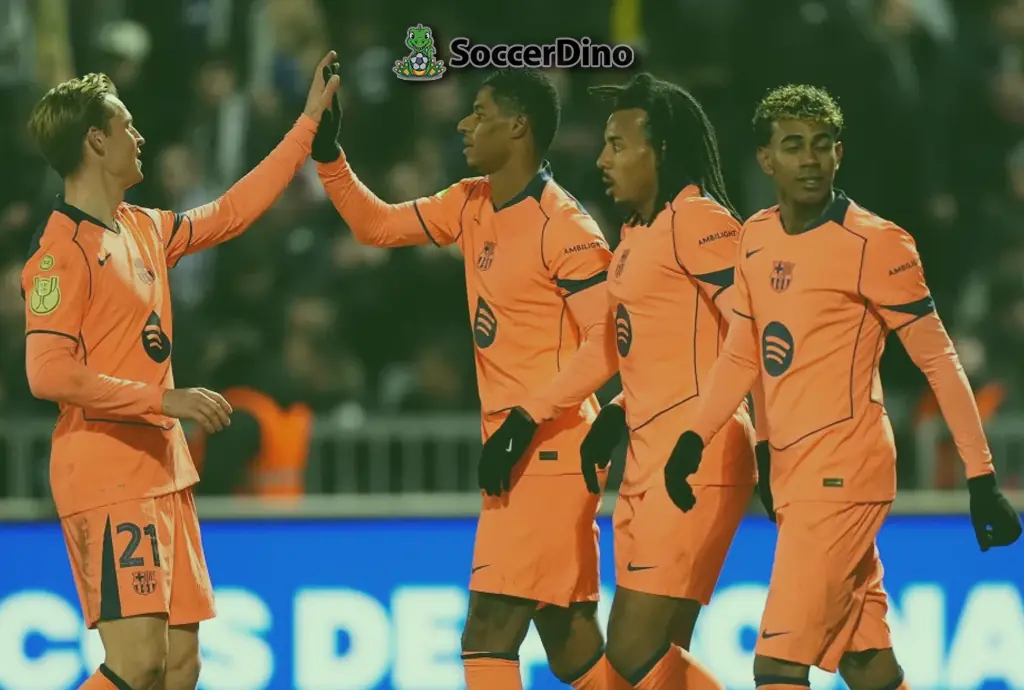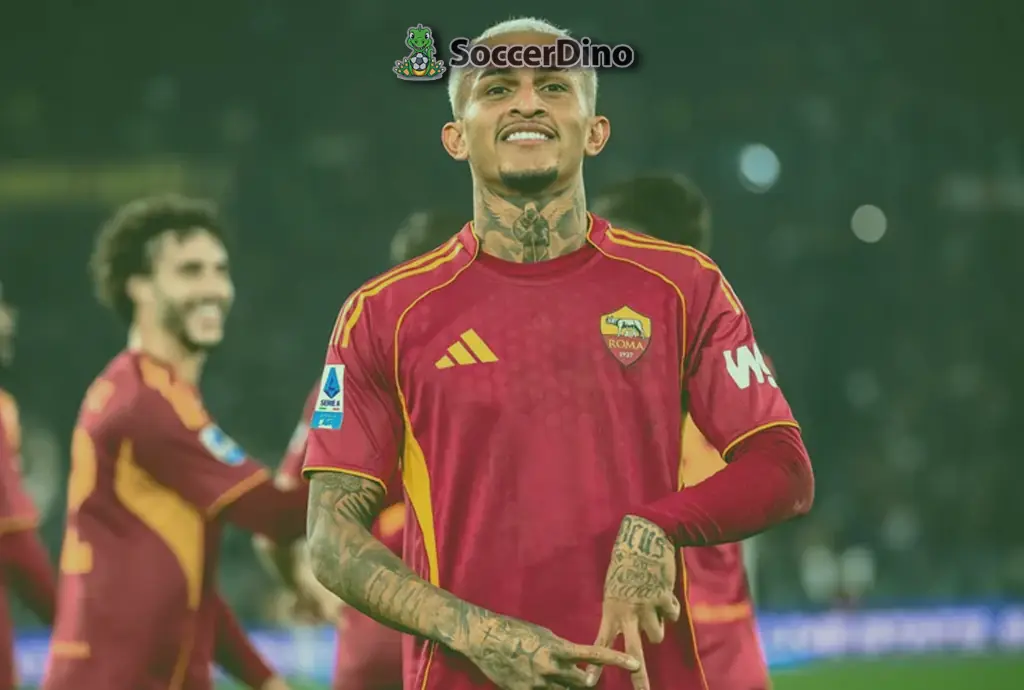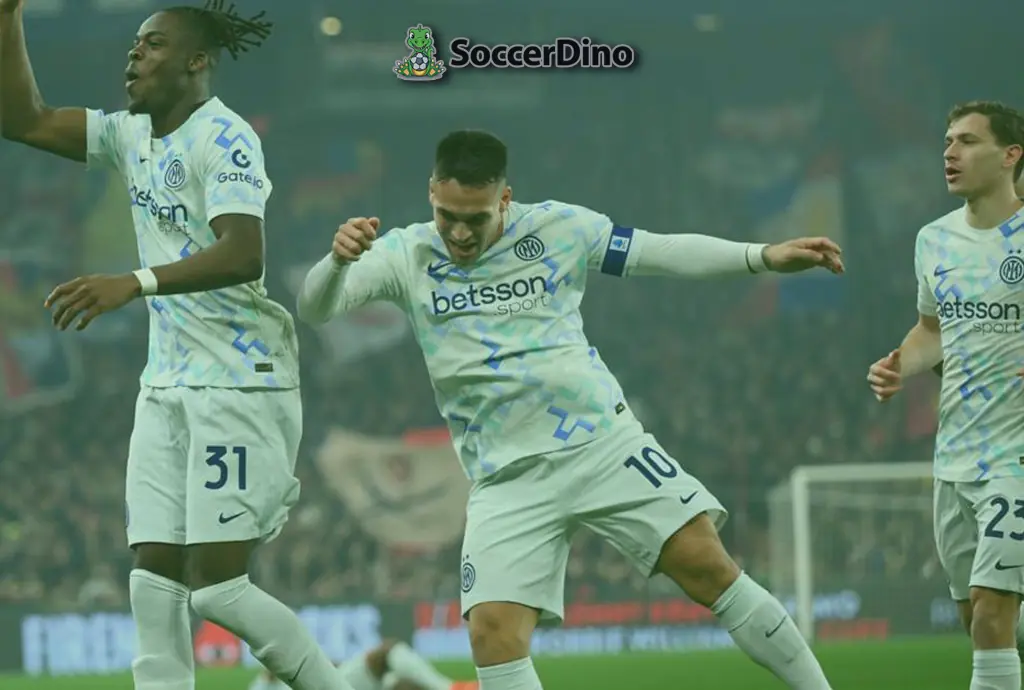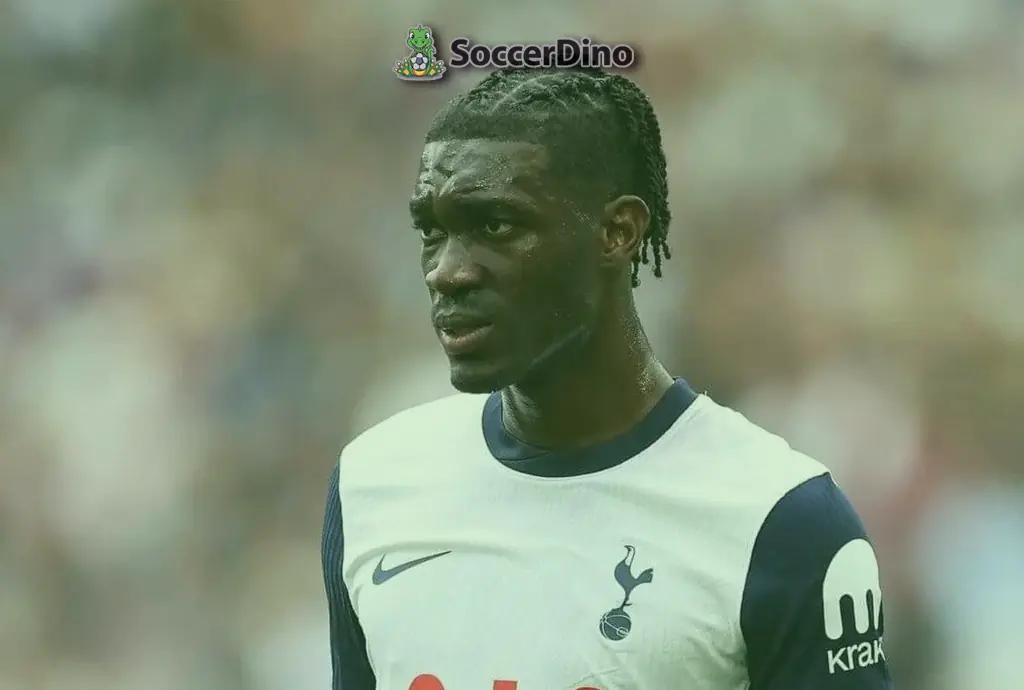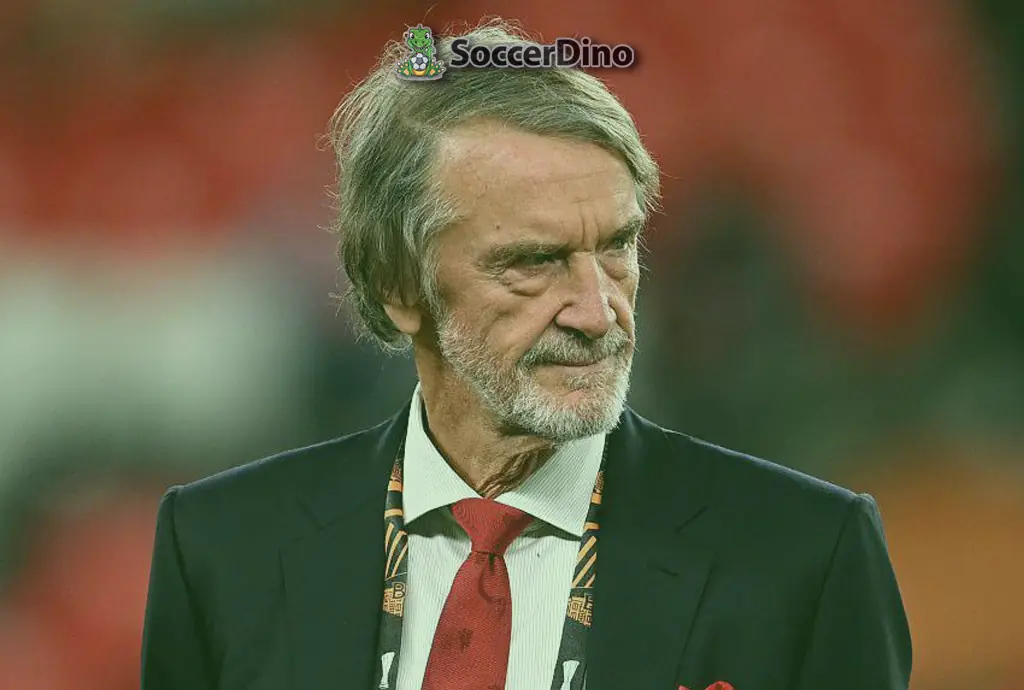Christophe Dugarry and Bixente Lizarazu have strongly criticized Paris Saint-Germain coach Luis Enrique. The former French internationals do not understand why he left Ousmane Dembélé out of the squad for the Champions League match against Arsenal.

Luis Enrique's decision to discipline Ousmane Dembélé ahead of Paris Saint-Germain’s Champions League match against Arsenal sent shockwaves through the football world, especially in France.
The Spanish coach benched the winger as a consequence of what he deemed a lack of discipline during a previous match against Rennes. Dembélé’s decisions on the field during that game did not sit well with Enrique, and their disagreement escalated into a heated argument, which led to the coach’s decision to exclude him from the lineup for the crucial European tie.
This move, however, drew sharp criticism from former French internationals Christophe Dugarry and Bixente Lizarazu, both of whom questioned Enrique’s judgment and the potential impact of his disciplinary action on the team’s performance. For Dugarry, a former teammate of Luis Enrique at Barcelona, the decision to sideline Dembélé was both unnecessary and counterproductive, especially in a match of such significance.
"I find it a strange decision to play such an important match without Dembélé. It completely destabilized the team, but he was determined to show who was in charge," Dugarry remarked. He drew parallels between Enrique's current actions and his demeanor as a player, stating that the coach’s need to assert dominance was something he had observed during their time together at Barcelona. "As a player, he behaved like that too."
Dugarry also criticized Enrique for his inconsistency in behavior. "He always contradicts himself," Dugarry pointed out in an interview with SPORT1. "One moment, you see a smiling, friendly man at the press conference, and the next, he suddenly stops talking to anyone. Then he attacks Dembélé in front of all the journalists. That bothers me." His comments highlight the perception that Enrique's handling of the situation was not only poor from a tactical standpoint but also lacked transparency and fairness.
Lizarazu, another French football legend and a veteran of 97 caps for his national team, echoed Dugarry’s sentiments. He was equally critical of Enrique’s decision to exclude Dembélé from the Arsenal match, emphasizing that it undermined the player’s autonomy and maturity. "You get the feeling that he wants to play the role of a teacher and that his players are students who have to accept everything from him," Lizarazu said, drawing attention to the perceived authoritarian approach Enrique takes with his players.
Lizarazu was particularly frustrated by what he saw as Enrique’s dismissal of Dembélé’s right to express himself and make his own decisions on the pitch. "A player has the right to express his opinion; he is an adult, not a child. It was a disgrace to leave him out of the team," Lizarazu concluded sharply. His remarks underscored the idea that modern football requires more collaboration between players and coaches, rather than a top-down approach where the coach unilaterally imposes his will.
The timing of Dembélé’s exclusion raised eyebrows, given that PSG were facing one of their toughest tests of the season in the Champions League. Arsenal, a formidable opponent, presented a challenge that would have ideally required all of PSG’s best talents on the field. Dembélé, known for his speed, creativity, and ability to break down defenses, would have been an asset in such a match. Instead, his absence left PSG lacking in attacking options, and the team’s performance suffered as a result.
Just five days after the controversy, Dembélé returned to the PSG lineup for a domestic league match against OGC Nice, where he played the full 90 minutes in a 0-0 draw. His return to the squad suggests that the internal issues may have been resolved, but the incident has sparked broader discussions about Enrique’s management style and his handling of star players.
Luis Enrique, who took over PSG amid high expectations, is no stranger to high-pressure environments, having previously managed Barcelona and the Spanish national team. His tenure at PSG was seen as a new chapter for both the club and the coach, but incidents like the Dembélé controversy have raised questions about his ability to maintain harmony within a squad full of high-profile personalities. Balancing discipline with player autonomy is a challenge faced by all top coaches, but in this case, Enrique’s approach appears to have backfired.
For PSG, a club with ambitions to dominate both domestically and in Europe, such internal conflicts can be costly. The exclusion of Dembélé in a critical match against Arsenal not only sparked criticism from football pundits but also raised concerns among PSG supporters about the cohesion and morale within the squad. While Dembélé’s return to the team for the Nice match indicates a possible resolution, the long-term implications of Enrique’s decision-making could impact the team's overall performance in the remainder of the season.
As PSG continues to navigate its domestic and European campaigns, the Dembélé incident will likely be remembered as a defining moment in Luis Enrique’s early tenure at the club. Whether it was a calculated move to assert control or a misjudgment that destabilized the team, only time will tell how this episode will affect PSG's quest for success this season.
